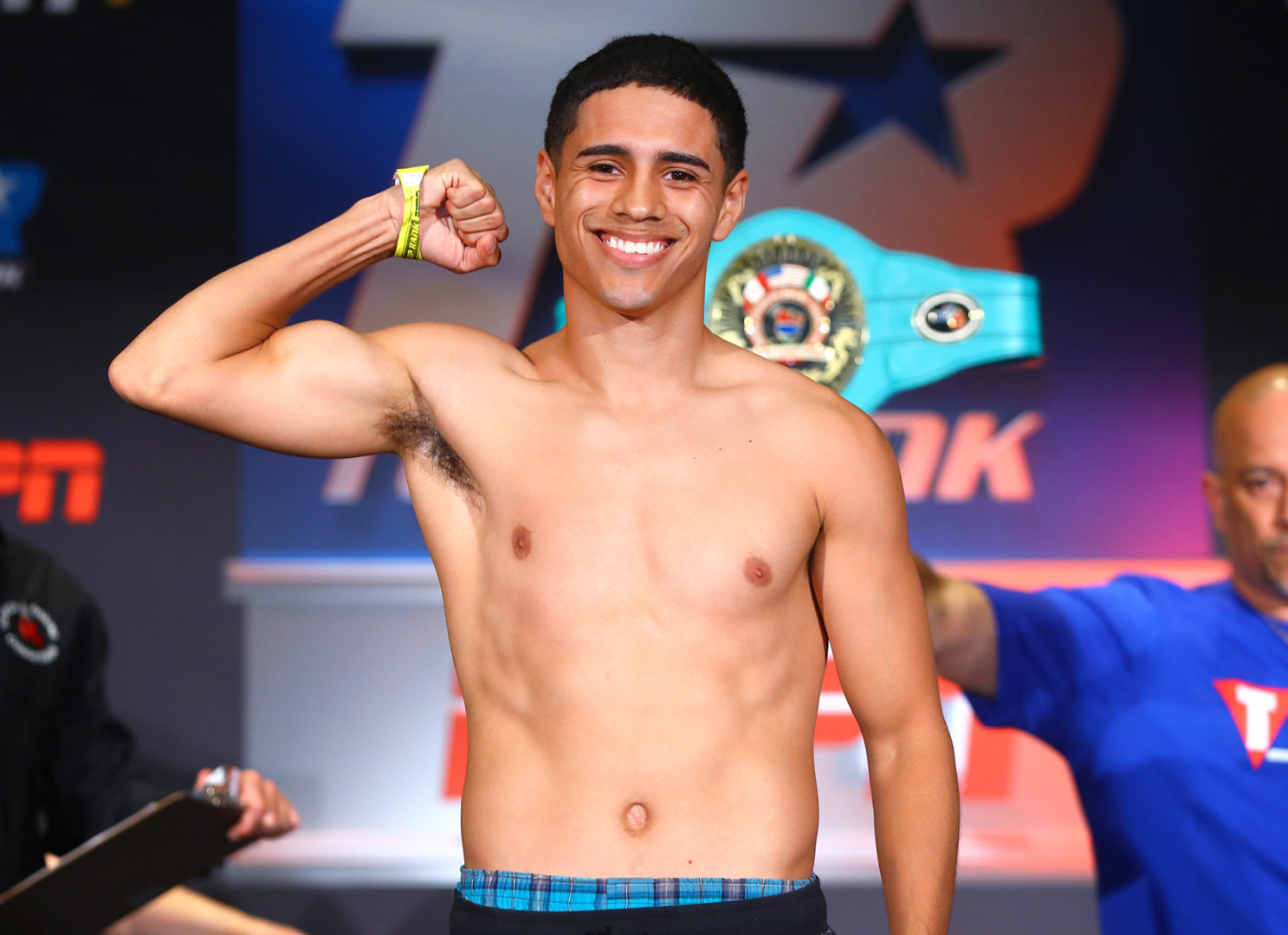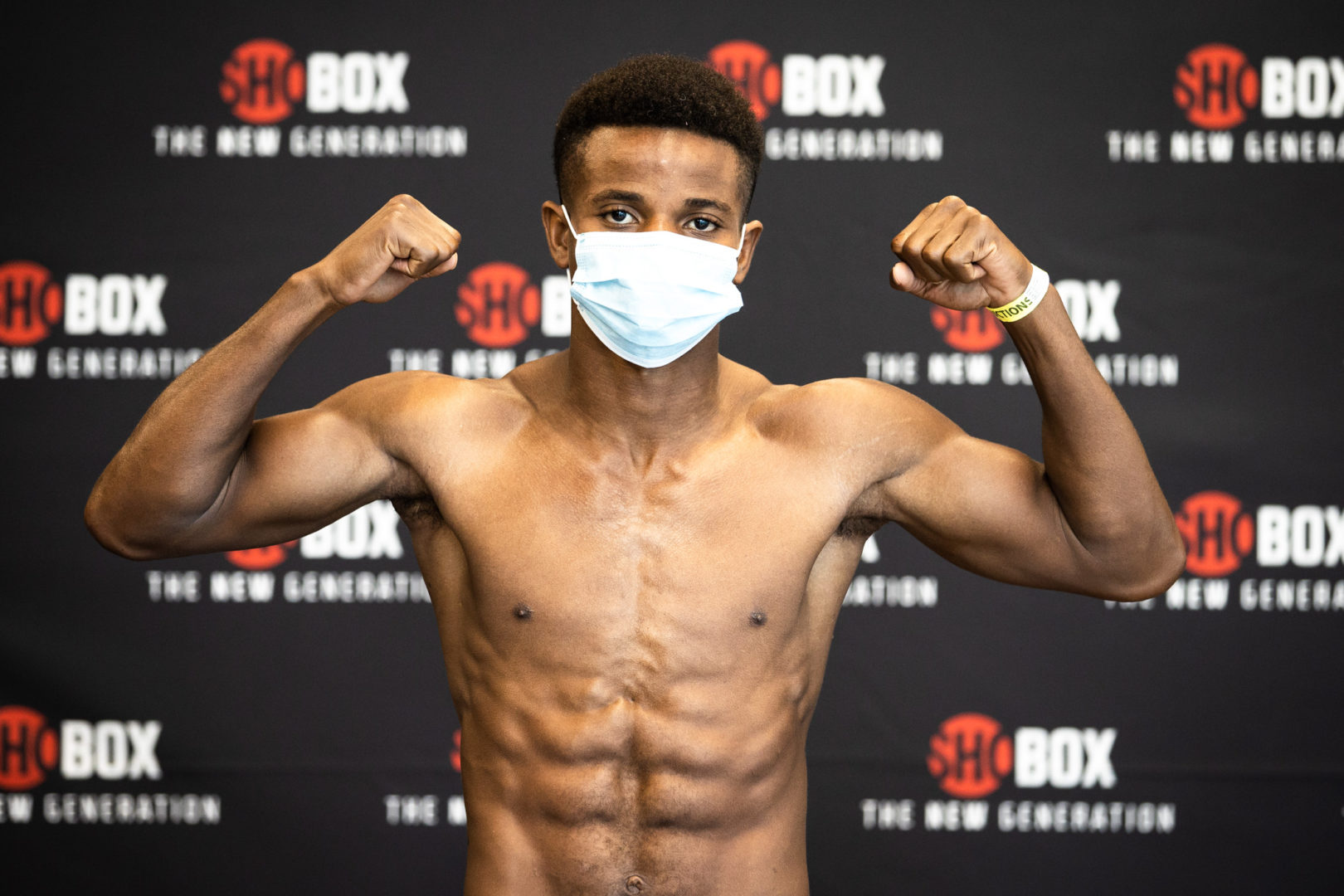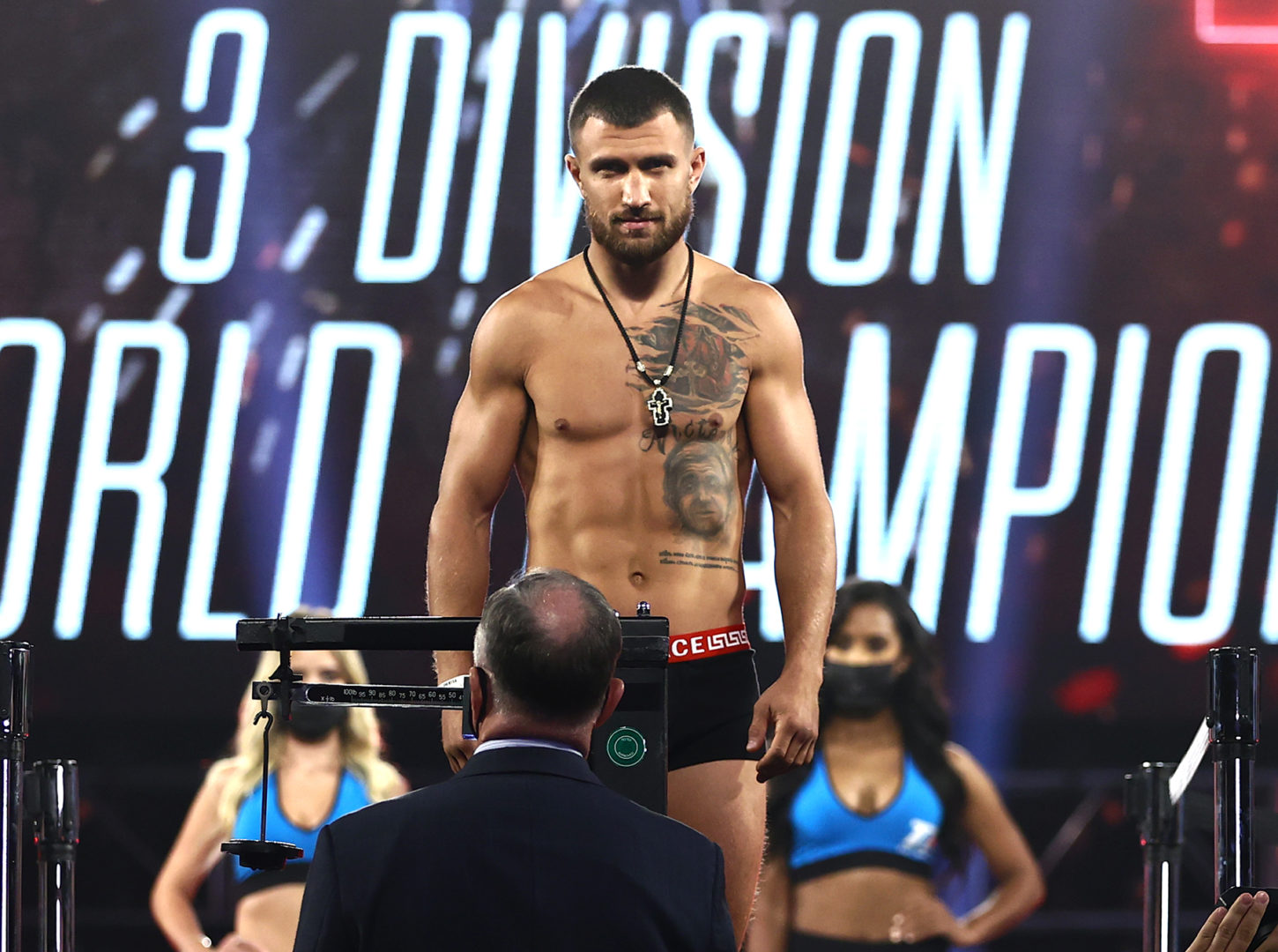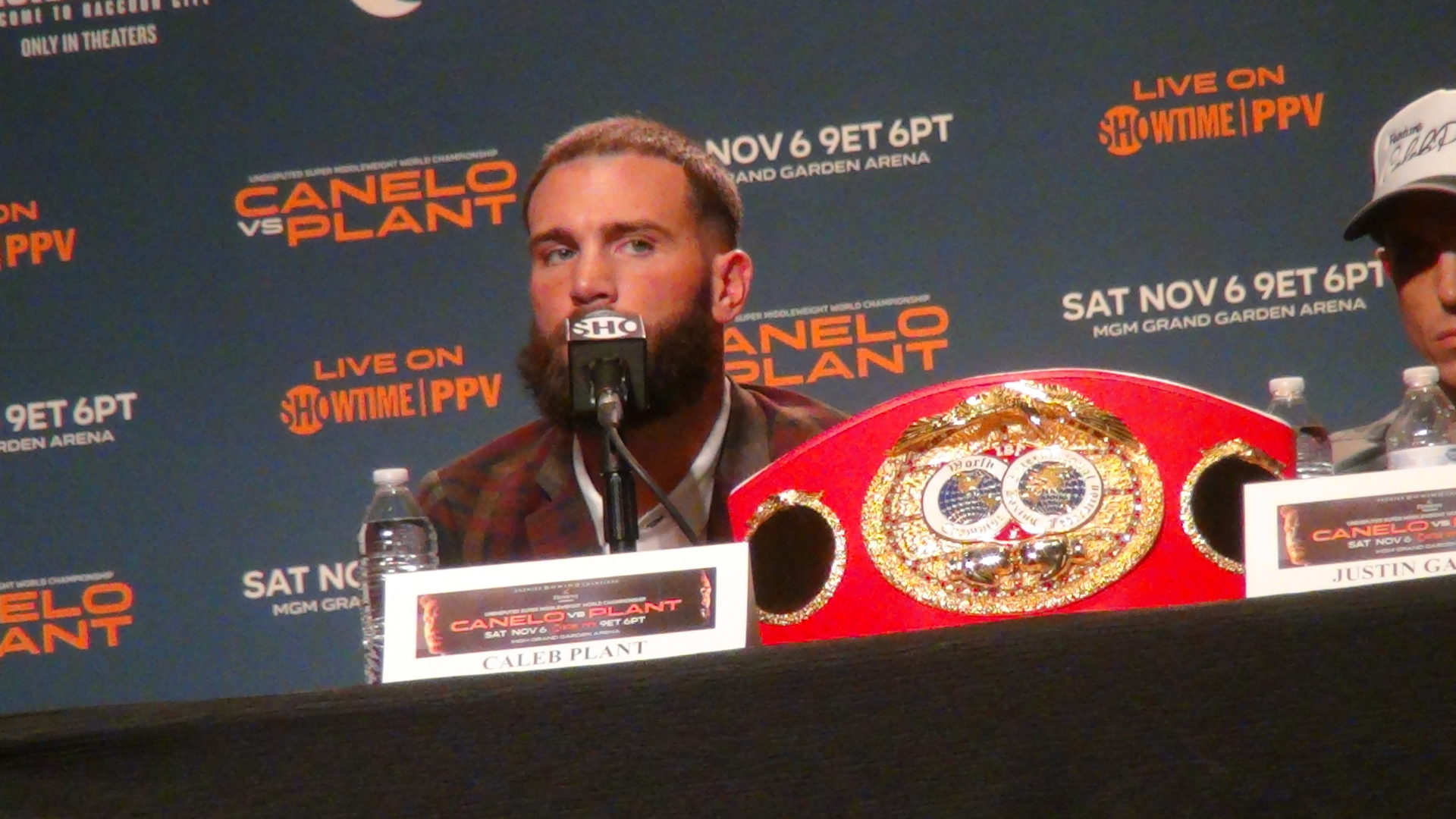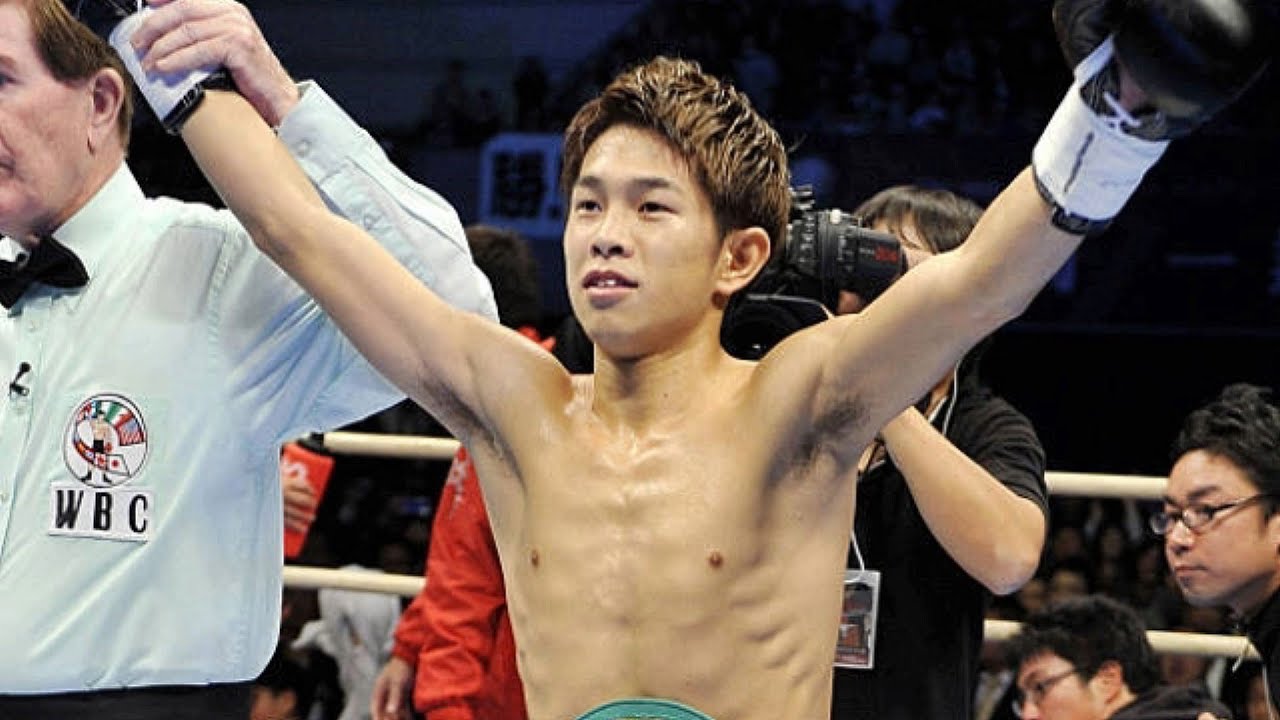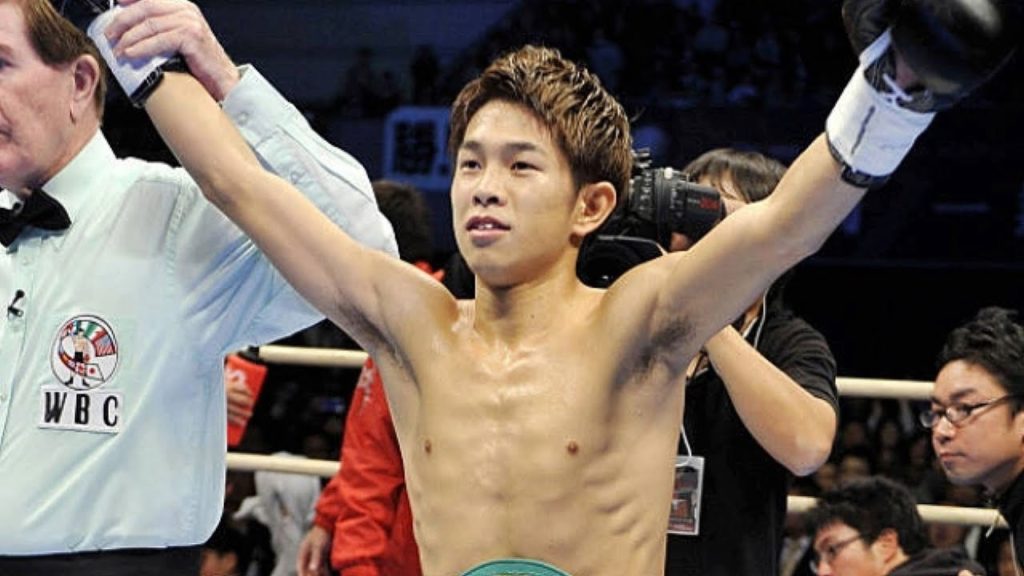
By Bart Barry-
New Year’s Eve, Japan Standard Time, Japanese super flyweight Kazuto Ioka defended his title by eight-round stoppage over undefeated Japanese super flyweight Kosei Tanaka in a fight televised by YouTube hours after it finished, or some other way more-committed viewers discovered in realtime. It was an excellent match and a wonderful showing by Ioka.
There’s something prickly insular about aficionados who fixate on lower weightclasses, but that doesn’t make them wrong. If heavyweight-only casuals are boxing’s beer-drunk frat boys, flyweight fixators ain’t the kids who got picked first for kickball. They like knowing things most fans don’t, they’re often smug, they correct your pronunciation, and for being so esoteric they must watch their heroes at times so symmetrically middle-of-the-night they can’t decide whether to awake or remain awake. This last halfdecade, though, they’ve been rewarded more often than their cool peers.
This habit continued New Year’s Eve in Japan and sometime between Wednesday and Sunday in the U.S. Truthfully the best super flyweight prizefighters currently in practice are Western Hemisphereans, but enough superb 115-pound fighting happens in Asia to be disproportionate. One of the world’s three best fighters at any weight – quite probably the world’s single best fighter if not most accomplished – is a 118-pound guy from Japan.
Unlike others who travel to these shores for larger paychecks Asian fighters bring their power and honor with them. Many years ago, when Golden Boy Promotions was believed an innovator of sorts, there was an event called World Cup of Boxing that pitted Mexico against Thailand in a casino outside Tucson, Ariz. Mexico won all but one of the many title fights, as I recall, but the Thai fighters acquitted themselves with such professionalism and toughness, the wholly Mexican crowd applauded them often and loudly. These were the previous generation of guys who survived a culture that made Srisaket Sor Rungvisai possible.
Sor Rungvisai deserves mention because of his place in the 112-pound ratings and what he accomplished as a virtual unknown in a 2017 match with the world’s best prizefighter at the time, and because his position in the ratings, second, between Gallo Estrada and the aforementioned Chocolatito Gonzalez, lends a bit of sobriety to this treatment of Ioka’s accomplishment.
Ioka hasn’t been in a hurry to match himself against any of the guys atop his division, even while defending the WBO’s title a few times. His name doesn’t come up much. That’s unfortunate because what he showed against Tanaka was proper compelling.
Whatever the scale said about it, Tanaka appeared the larger man in frame and physicality, Ioka an old, soft guy with high blood pressure. Were it not for his composure Ioka might’ve looked overmatched from the opening bell. This is where the difference between super flyweights and super heavyweights, and the divisions’ diverse super fans, pops up.
You don’t have to know very much at all about boxing to know in 30 seconds who’s going to win most heavyweight fights. The size disparities are often gross, the skill disparities nearly so, and the 1-2s unfurl slowly enough for even the dullest of viewers to ascertain what’s happening. Things are quite different at lower weightclasses. The size disparity is usually negligible, and to get on any stage grander than TikTok you must be exceptional.
Back to Ioka’s composure. Tanaka looked to be moving Ioka with a number of his punches early. But Ioka undid the larger man like the master Juan Manuel Marquez did to Juan Diaz in Houston and Michael Katsidis in Las Vegas. Ioka bet on straighter punches. He fought with a certain obliviousness of whatever Tanaka was doing. Is he hitting me with straight punches? No? Then I’ll win.
There was some irony, then, in it being an Ioka left hook that ruined Tanaka’s night. Tanaka went down hard and never got back to the aggressiveness he needed if he were to unsettle Ioka – which he weren’t. If Ioka wasn’t quite the finisher Marquez was it’s because nobody is. Ioka did just fine.
If the stoppage were a touch early, especially by American standards, let it be. I don’t know enough about Japanese fight culture to do more than suspect this, but here it is: The stewardship referee Michiaki Someya took of Kosei Tanaka’s wellbeing is a major reason Japanese fighters comport themselves bravely as they do. The referee, like any good regulator, is a braking mechanism, and until you install brakes on a racecar you daren’t shift it out first gear. Too, there’s a homogeneity to Japanese culture, very different from America’s, that allowed all three men in the Ota-City General Gymnasium to see themselves as part of the same ecosystem and behave accordingly. Both fighters were free to exert hard as possible, knowing their contest would be well and honorably regulated.
Bart Barry can be reached via Twitter @bartbarry


